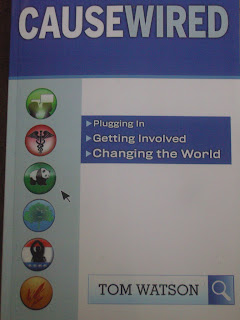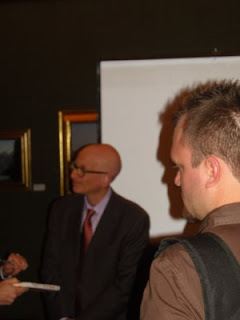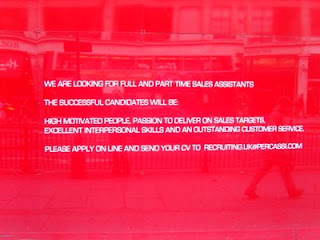First off, an apology for not writing much lately. However, since I am a practitioner and not an academic, my days have been filled with trying to address the worsening economic reality, rather than writing about it. These are the days that make me wish sometimes I was in academia, because studying this phenomenon would be really interesting . If you are like me, and like many of my colleagues, you have been hearing one question a lot lately, probably from board members and executive staff: how is the economy going to affect our sales for the rest of the season, and how do we adjust to anticipate for the impact? I am proud of the Arena Stage board and senior staff for taking significant steps to prepare for the impact of the market crash, but if you are in a position where you are ultimately responsible for providing accurate sales projections and models like I am, it is one hell of a task. When asked earlier this week by several members of the executive committee of our board how bad...












